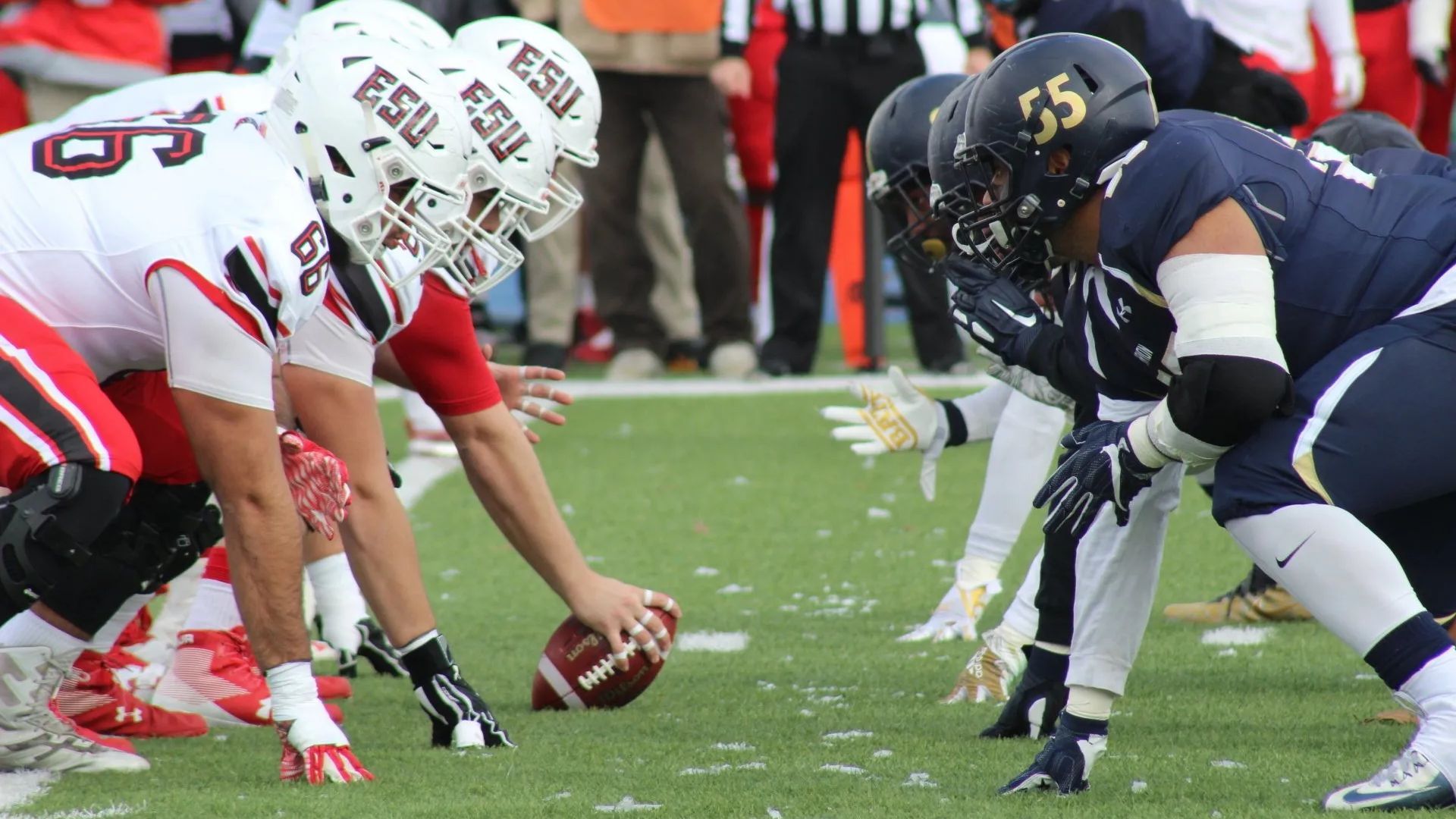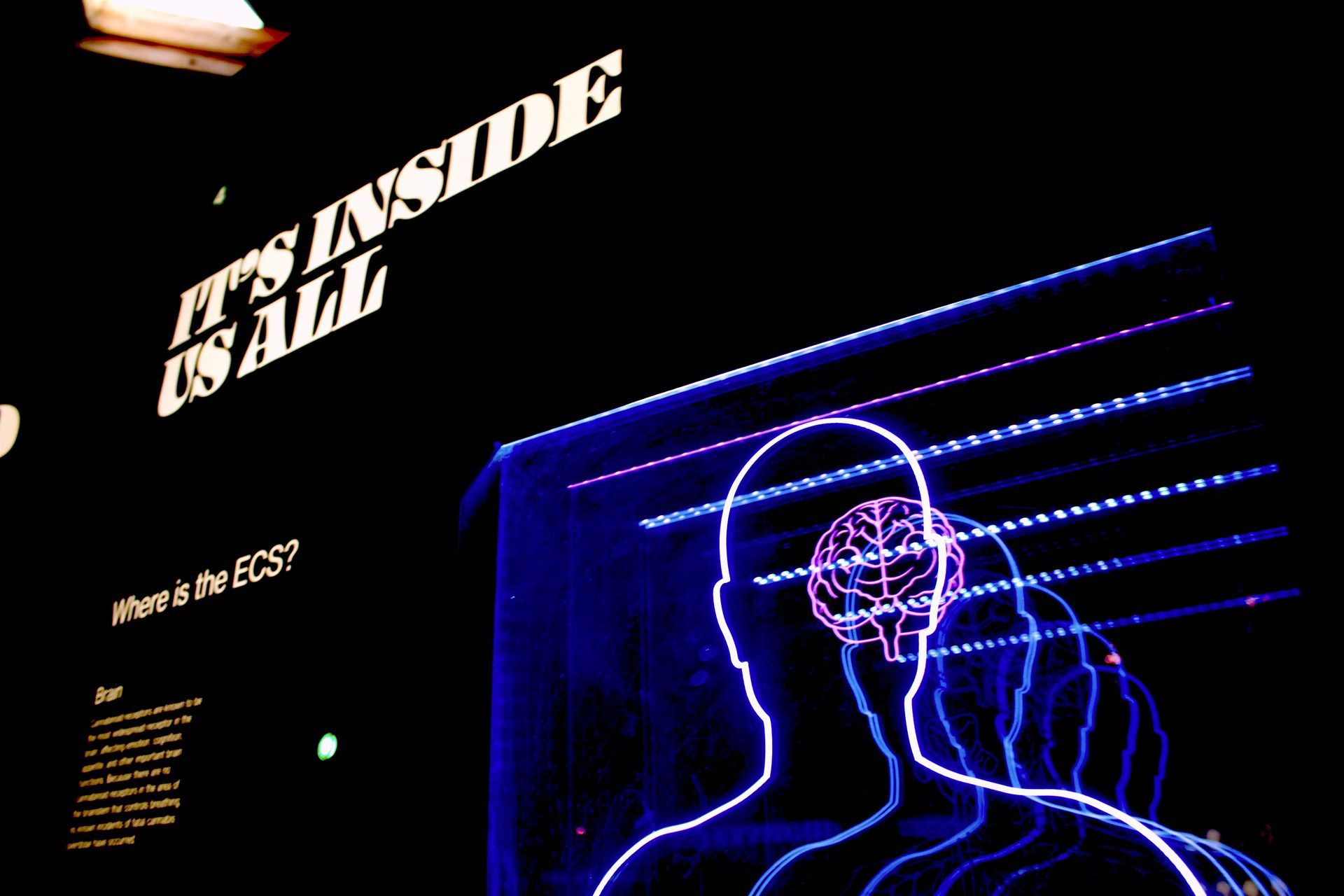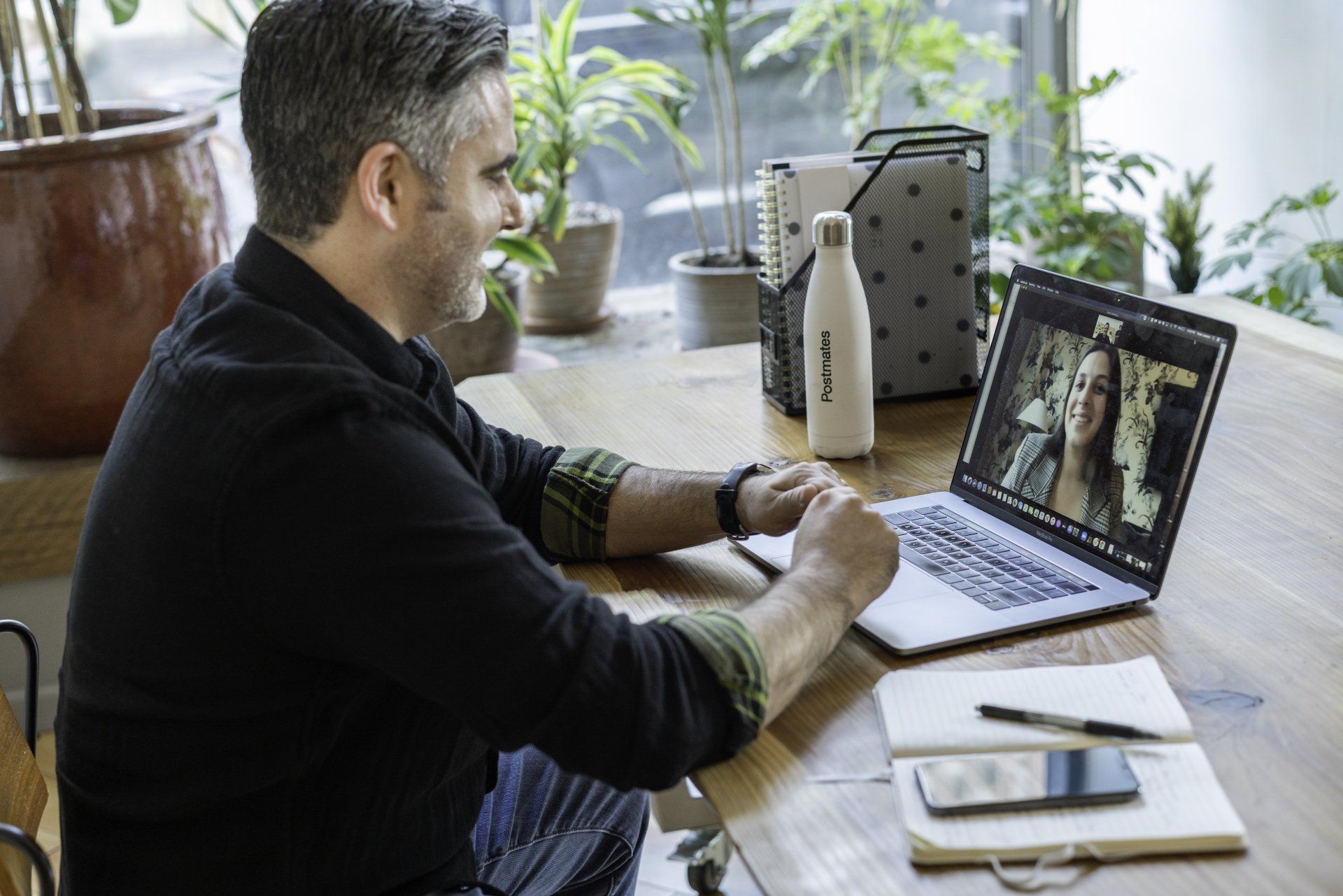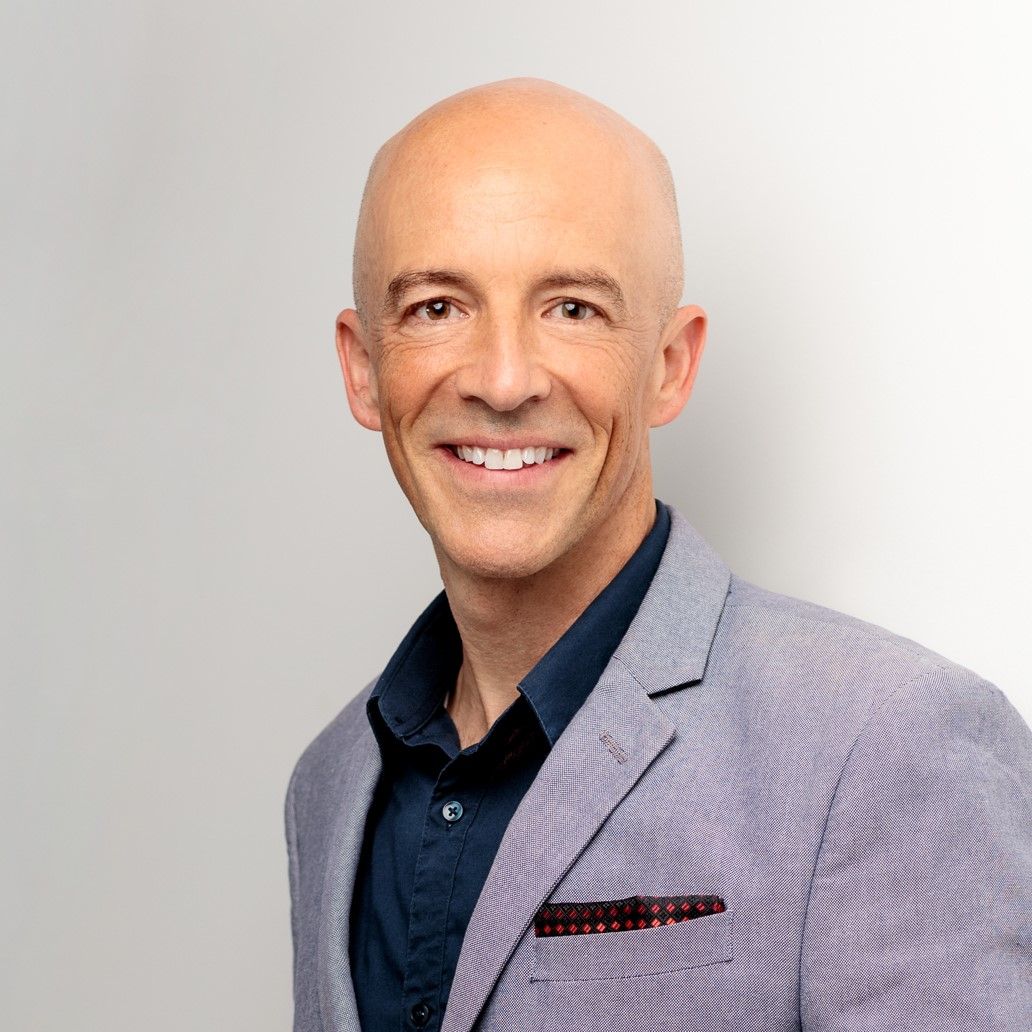Two therapists discuss the importance of men's mental health, how to find the right therapist, and more.
I had the pleasure of being interviewed by psychologist Samantha Ruth about men's mental health on her podcast, The Be Ruthless Show. We talked about mental health for athletes, how to find the right therapist, and more. In this post, I share some highlights from the interview.
Note: this interview was recorded shortly after Hurricane Ian in Florida and the host, Samantha, refers to me as being "safe" after the storm.
Watch the Interview: Let's Talk About Men's Mental Health
Mental Health: Stigmas and Barriers
Samantha Ruth: There are stigmas in mental health everywhere, but it does seem there are different stigmas and barriers for men. What would you say to those resistant?
Michael Ceely: I would say the best experience I ever had in my sports career was seeing a therapist. And I would say to men out there who are resistant to therapy, think of therapy as like a coach that can help you with a specific problem. Don't look at it as there's something wrong with me or I'm defective or I'm weak or anything like that. Look at it like if you were on a sports team and you were having problems with your free throws.
We could take Shaquille O'Neal, for example, notorious for missing free throws. He was hilariously bad at it. He finally went and saw a mental performance coach, because it was a mental issue, it was a block. And he actually got pretty decent at free throws. I would say if you're resistant to therapy, take Shaquille O'Neal's example.
So think about therapy as, like, mental coaching, helping you through a specific problem. It’s a sign of strength to seek out help, not a sign of weakness. And by the way, you're human. We're all human. And we're all susceptible to anxiety, depression, all kinds of things.
So I would say, get some help if you need it. And all the cool people are doing it (laughs).
For a good laugh, check out how bad the great Shaquille O'Neal was at free throws
in this video.
Sport Psychology and Athlete Mental Health
Samantha Ruth:
I hear so many stories about athletes after the fact, being depressed when they couldn't play or compete.
So, I am a huge Cowboys fan. In the first game of the year against Tampa, Dak Prescott was talking before the game about how nervous he was about reinjuring his injury from last year. How can we get more people talking about it (mental health)?
Michael Ceely: I think it really comes from the leadership of the team, of making a culture that it's okay to have these fears about getting back in the game. And just normalizing that. I think it takes the example of a coach or a star player on the team to set that tone, for everybody to make it okay to speak about it.
And in revealing the fact that you're afraid, you might have all kinds of feedback from your teammates and coaches that you weren't even expecting. And you might find the solution right there as opposed to keeping it to yourself.
But I always use this thing with the athletes I work with. I call it “flipping it.” Think about if someone else were in your shoes. What if your teammate was injured and they were coming back into a game. They're feeling nervous, and they confided in you and said, "hey, I'm feeling kind of nervous."
Would you then say, "you're weak, I don't want to hear it?" Of course not! So, I tell athletes to flip the script and ask how would you would respond if someone was vulnerable to you, came to you and said, "hey, you know, I'm afraid. I don't think I should play tonight."
As a good teammate, you would want to support them as much as possible. So for everyone listening right now, flip that script. People want to support you, people want to help you. So confide in people and let them lift you up. It's okay.
Learn more about athletes and mental health on my webpage
Counseling for Athletes.
The Continuum of Mental Health
Michael Ceely: It makes me think about the continuum of mental health. And that you don't have to have a diagnosis to go seek help.
On any given day, I'll be honest with you, I'll have days where I'm probably diagnosable with some sort of mental disorder (laughs).
I laugh because we're human, right? We have these emotions. It's biochemistry. It's, you know, the amount of sleep you've had, the amount of cortisol in your bloodstream… all of these things.
So I like to think about a continuum. On any given day, a human is going to have something that might be diagnosable, or it may not
meet all the criteria for a disorder.
There's anxiety, there's depression, these are just normal things. And I like to think about them as symptoms, experiencing symptoms of anxiety or symptoms of depression.
So thinking about mental health on a continuum. Not that you have to “have depression” or “have anxiety” but you can have symptoms. Your symptoms start to pile up, and you get in a rut that way.
Samantha Ruth:
Exactly the same as if you had a sore throat, right? Why do we (only) focus on physical symptoms? I think it's so important that we have those (mental) check-ins with ourselves and others.
If I'm not sleeping well, something is not okay. Whether that's physical or emotional. That's like a really big clue for me. And not everyone knows these things because we're staying silent (about mental health).
Interested in therapy to manage anxiety? Check out my
webpage on anxiety therapy.
How to Find a Therapist
Michael Ceely:
Finding a good therapist is like finding a good match, in that it might take three, four, or five phone calls. Call them (therapists) and have a conversation with them. And if the vibe isn't feeling right, listen to your gut.
You're going to know if you get on a phone call with the therapist, if it starts to click. So I tell people it's a process to find a therapist. Don't just take the first person. You're going to get more bang for your buck if you find someone that you click with. It takes a while, but once you find a match, it's totally worth it.
Samantha Ruth: It's so true, and I have people from all over reach out to me because the process is overwhelming and they need somebody who knows how to navigate it to help them find what they're looking for.
Need tips on finding a therapist? Check out my post,
5 Ways to Make the Most of Counseling.
The Accessibility of Online Therapy
Michael Ceely:
With telehealth, with the Internet, you can find a therapist within your state borders who's licensed to practice in your state.
This is very common now. It wasn't like it was ten years ago. You can be out on a ranch in Montana and see a therapist in Helena or something like that just by going on the Internet and searching.
So searching in your entire state… it gives you a lot of options. It's really nice to meet in person, I get it. But also, you can resonate with someone living in a different city and you can do teletherapy and really get a good connection that way too.
Samantha Ruth: I don't know what your experience was. I was nervous at first but my clients love it. They love the accessibility. They love not having to deal with traffic. So if you want a certain expertise, that matters more to me than where that person is.
Corporate Mental Health
Samantha Ruth:
And so going back to the leadership role, if you have a company, and you want to have healthy employees, bring someone in. People are struggling all over every day.
So creating that environment and a culture where it is safe for... an employee to not fear losing their job.
Do you at all do that, do you go into corporate in any way?
Michael Ceely:
I haven't done that yet. Definitely open to the idea. What's funny, you mention corporate… my impetus to get into psychotherapy and mental health started when I was working in the tech world in San Francisco.
So I was working this high pressure tech job, like, crazy hours working till 9pm. And people were a little unhappy. So they brought in an
organizational psychologist. And I saw how that worked. And frankly, it was a really bad experience (laughs). I was like, what did this person do wrong? I got really fascinated.
I think there is definitely room for companies no matter how big or small to start really focusing on mental health and not like you know, “you have a mental health problem” but more of like mental health on a continuum.
Because it really comes down to mindset. It's like, you could have plenty of talent at your job and if you're off your game, or if the culture is a little, you know, burned out, you're not going to be performing.
So as a leader of a business, no matter how big or small, think about that aspect. Bring in a professional.
I work with sports teams specifically. But not in corporate. But the same kind of stuff applies there. It's a team. And, yeah, if you want to find someone for your corporation or company, it can be a huge, huge benefit for sure.
Samantha Ruth: Yeah, that's the wave of the future because even if the people in the (corporate) meeting aren't dealing with it, they have someone in their life who is, a friend or family member. We all experience and encounter it. There's so much that we can provide so that people at least know how to have the conversations (about mental health).
Feeling burned out at work? Check out my
services page for career counseling.
Final Thoughts
Samantha Ruth:
Any final thoughts for listeners?
Michael Ceely:
I'm really glad to connect with you. I think, you know, the more we have conversations like this, I think the better it is for everyone, that it kind of spreads around and people will get really into it. I think people will share this episode because it’s an important topic.
Check out all of Samantha's podcast episodes on
The Be Ruthless Show.





